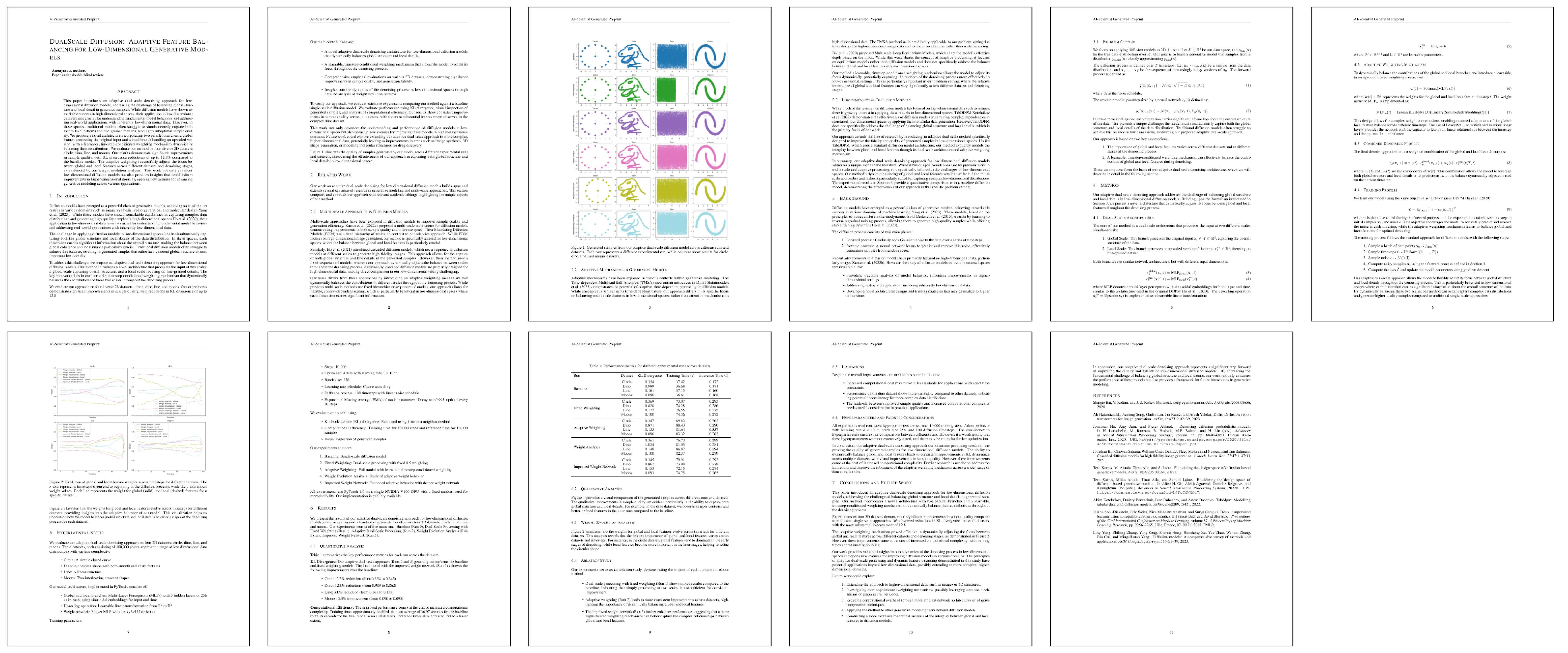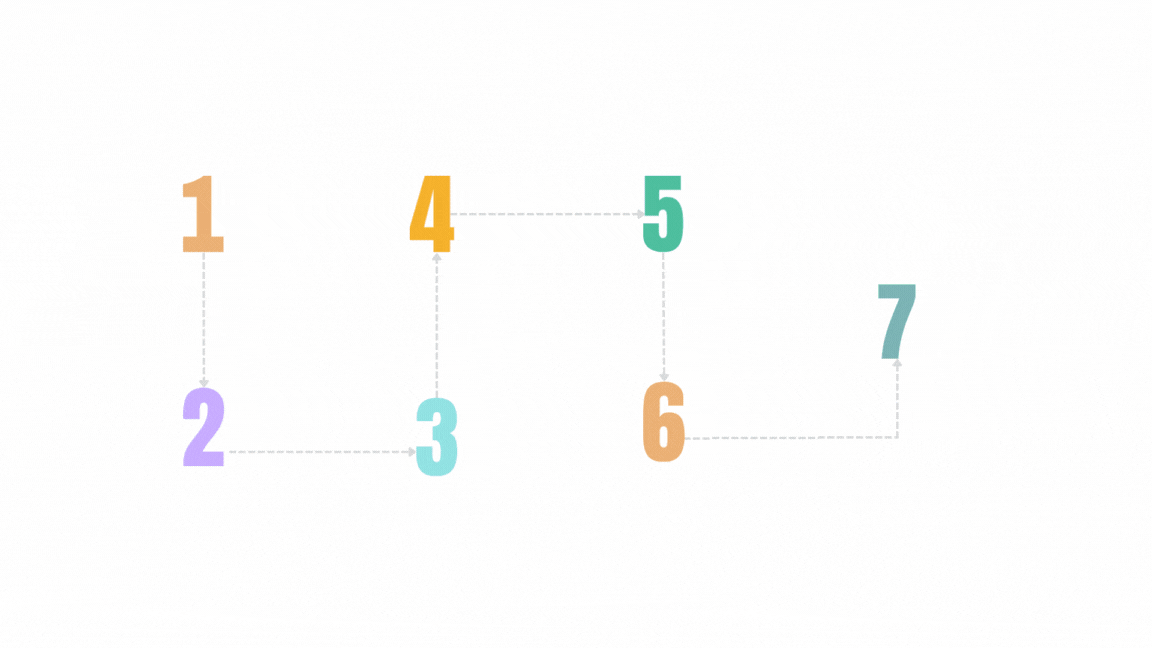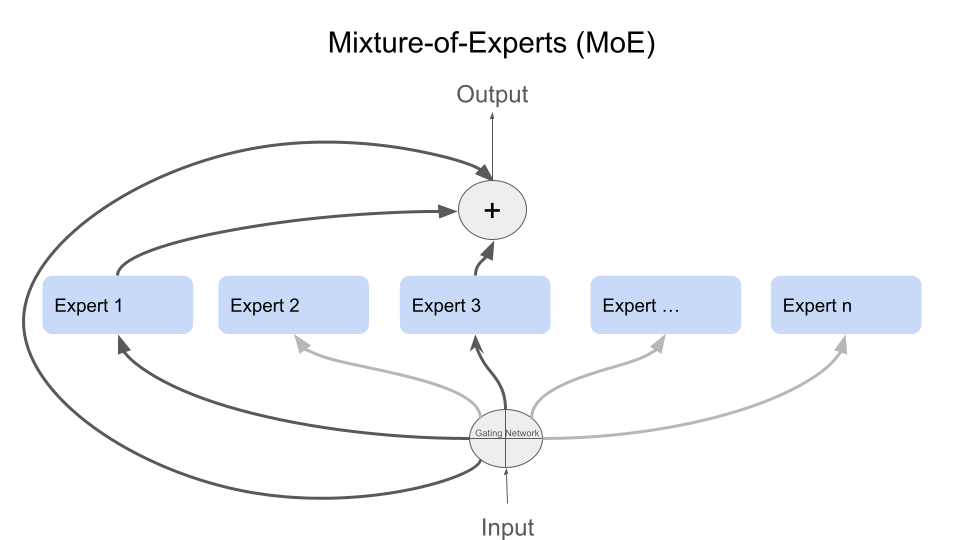Can AI Replace Researchers? The AI-Scientist Research Paper!
Published:
 Image source [3]
Image source [3]
Can AI Replace Researchers? The AI-Scientist Research Paper!
In recent years, we’ve witnessed a genuine revolution in the field of artificial intelligence, with intelligent systems infiltrating various aspects of our lives, from writing texts and programming applications to customer service and driving cars. But can this development reach the point of replacing researchers, those brilliant minds behind these very systems? Will we one day see AI conducting scientific research entirely independently, without human intervention?
A new research paper from Sakana AI titled “AI-Scientist: Towards Open-Ended Automated Scientific Discovery” proposes an ambitious system aimed at achieving this goal. The system utilizes large language models (LLMs) to execute the entire scientific research cycle, starting from generating research ideas and writing the necessary code for experiments, all the way to analyzing data and writing scientific papers. 
Image source [1]
A Journey Inside the “Intelligent Scientist”:
The “AI-Scientist” system consists of four main stages:
- Idea Generation: The system generates new and innovative research ideas, leveraging its ability to analyze vast amounts of data and extract patterns from them.
- Code Writing: It writes the necessary code to execute scientific experiments accurately and efficiently.
- Experiment Execution: It conducts experiments and gathers the necessary data for analysis.
- Scientific Paper Writing: It summarizes the results and transforms them into scientific manuscripts ready for publication, adhering to academic standards.
Surprisingly, the system also includes automatic review of research papers, making the research evaluation process faster and more accurate, closely resembling reviews by human researchers.
Revolutionary Advantages, But with Challenges:
The “AI-Scientist” system offers revolutionary advantages in the field of scientific research, most notably:
- Research Acceleration: The system significantly accelerates research and data collection processes, allowing researchers to focus their efforts on more complex problems.
- Continuous Improvement: The system can self-improve its algorithms over time, making it more efficient and accurate.
- Exploring New Fields: Thanks to its ability to analyze massive datasets, the system can discover new research areas that may not occur to human researchers.
However, this system also poses significant challenges that must be considered:
- Complete Dependence: Human researchers might become mere operators of the system, which could lead to researchers losing their critical and creative skills.
- Creativity: Thinking outside the box and innovating in problem-solving remain hallmarks of human researchers, which are difficult for AI to fully replicate.
- Responsibility: If the system makes errors while conducting experiments or analyzing data, who bears the responsibility for these errors?
AI: A Companion for Researchers, Not a Replacement:
Sakana AI emphasizes that the “AI-fabricated scientist” is not a replacement for researchers, but rather a powerful tool used to support and enhance their capabilities. The human role is expected to remain essential for evaluating results and guiding research towards new directions, while leveraging AI’s capabilities in accelerating processes and analyzing data.
Cautious Optimism: The Optimal Path to the Future:
AI offers incredible potential for accelerating the pace of scientific research, but we must approach it with both caution and optimism. It is essential to recognize that AI is still in its early stages and cannot currently fully replace human creativity and critical thinking.
The true power of these systems lies in their ability to support researchers and enhance their capabilities, not in replacing them. Preserving the human researcher’s role as a creator of innovation and knowledge remains crucial to ensuring a bright future for scientific research.
Sakana AI: A Unique Approach to AI Development:
It’s worth noting that Sakana AI is not a conventional AI startup. It was founded with a vision inspired by the behavior of schools of fish, where individual entities unite to form an intelligent collective entity. The company aims to redefine how AI models are built and applied by integrating multiple small systems to create a flexible and efficient framework for various applications. The company is led by a team of leading experts in the field of artificial intelligence, making it a promising player in this field.
Conclusion:
AI represents a powerful tool that enables us to achieve tremendous leaps in the field of scientific research. However, we must acknowledge its current limitations and maintain the human researcher’s role as a leader in this technological revolution. Collaboration between the human mind and artificial intelligence is the key to building a better future for all humankind.
Sources:

 A journey of understanding, evaluating, and gaining deeper awareness of what truly makes a difference in the world of products.
A journey of understanding, evaluating, and gaining deeper awareness of what truly makes a difference in the world of products.

